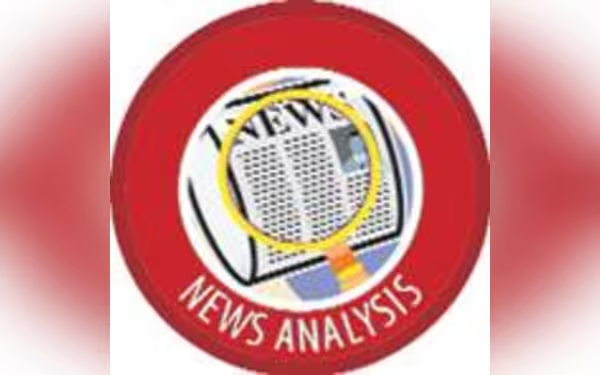Saturday, November 16, 2024 05:36 PM
Political Pressures Mount on Shehbaz Sharif's Government
- Mini-budget threatens economic stability amid IMF requirements.
- Trump's victory raises questions about political intervention in Pakistan.
- Opposition protests intensify ahead of SCO summit.
 Image Credits: nation_pk
Image Credits: nation_pkPolitical pressures are rising on Shehbaz Sharif's government amid economic challenges and opposition protests.
ISLAMABAD - The political landscape in Pakistan is currently marked by significant challenges for the coalition government led by Shehbaz Sharif. Recently, the government celebrated a notable achievement with the passage of back-to-back landmark legislations. However, as the dust settles, new political pressures are emerging, testing the government's resolve and stability.
One of the pressing issues facing the government is the looming threat of a mini-budget. This financial maneuver is seen as a necessary step to meet the stringent targets set by the International Monetary Fund (IMF). The leader of the Opposition in the National Assembly, Omar Ayub Khan, has publicly claimed that the government is preparing to introduce this mini-budget due to its inability to fulfill IMF requirements. This situation has raised concerns among the public and political analysts alike, as it could lead to further economic strain on the citizens.
Adding to the complexity of the situation is the recent victory of Donald Trump in the United States. Questions are swirling around whether Trump will intervene in Pakistan's political affairs. Members of the Pakistan Tehreek-e-Insaf (PTI) party, particularly those close to former Prime Minister Imran Khan, are optimistic that Trump's influence could benefit their leadership, currently facing legal challenges. PTI leader Syed Zulfi Bukhari has expressed intentions to engage with Trump’s team, including his daughter Ivanka and son-in-law Jared Kushner, to discuss what he describes as “injustices against Imran Khan.”
Despite these challenges, the coalition government remains determined to maintain its governance. The recent passage of the 26th constitutional amendment has provided a morale boost, reinforcing the government's confidence. However, the political tension between the ruling coalition and the opposition is palpable, especially in light of the ongoing judicial reforms. The opposition, led by PTI and supported by Jamiat Ulema-e-Islam (F), has staged fierce protests, particularly in the lead-up to the Shanghai Cooperation Organisation (SCO) summit, demonstrating their discontent with the government's actions.
Political analysts suggest that the government may be planning another constitutional amendment to counter the opposition's moves. In response, the PTI has vowed to challenge the government on all fronts, signaling a united front among opposition parties. This brewing storm of political activity indicates that the coming weeks could be pivotal for Pakistan's political future.
The current political climate in Pakistan is fraught with uncertainty and potential upheaval. As the coalition government navigates economic pressures and political opposition, the implications for governance and public welfare remain significant. Citizens and political observers alike will be watching closely to see how these developments unfold, as they could shape the future of Pakistan's political landscape for years to come.













